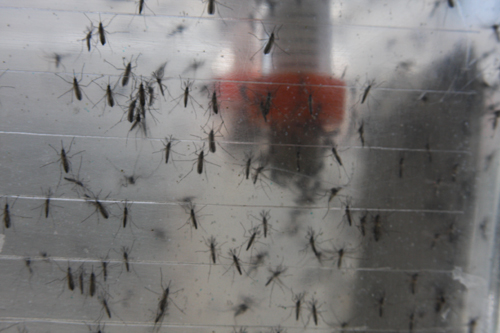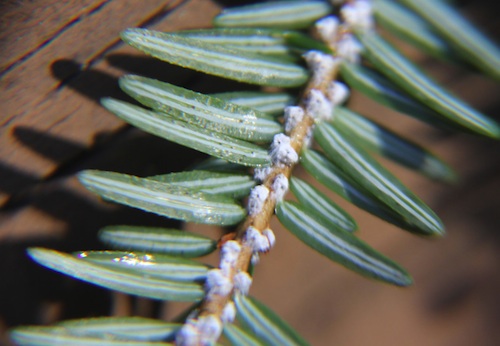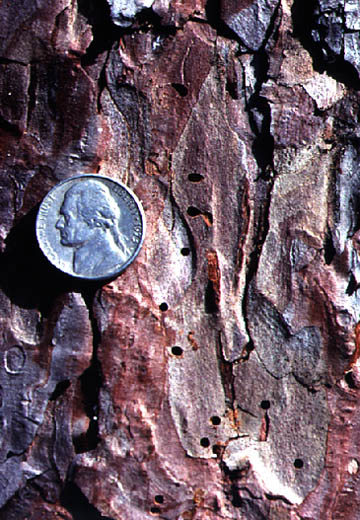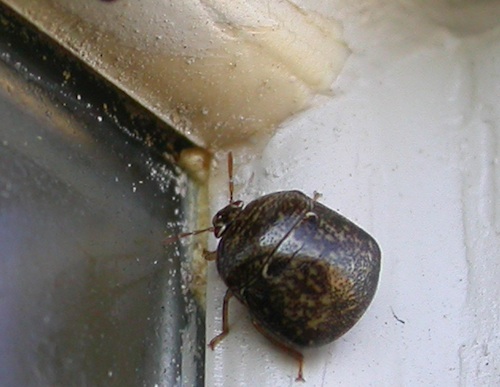 CAES News
CAES News
UGA Insect Zoo
There won't be any lions, tigers or bears, but the University of Georgia’s annual Insect Zoo will let visitors get up close and personal with roaches, crickets and other bugs.




